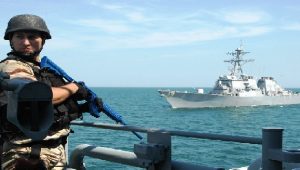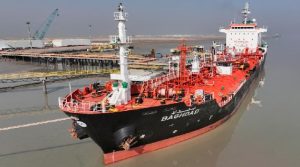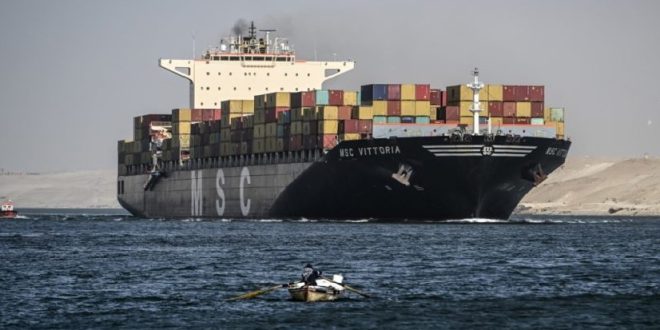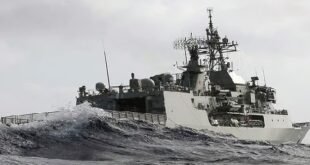01-01-2024
DUBAI/ LONDON: At least four tankers transporting diesel and jet fuel from the Middle East and India to Europe are taking the longer route around Africa to avoid the Red Sea, ship tracking data show.
 Diversions around the Cape of Good Hope can lengthen tanker voyages to Europe by up to three weeks, leading to higher freight costs and potentially supply disruption but while some charterers including BP (BP.L) have diverted vessels in the wake of attacks by Yemen’s Houthis, others continue to use the shorter Red Sea route via the Suez Canal.
Diversions around the Cape of Good Hope can lengthen tanker voyages to Europe by up to three weeks, leading to higher freight costs and potentially supply disruption but while some charterers including BP (BP.L) have diverted vessels in the wake of attacks by Yemen’s Houthis, others continue to use the shorter Red Sea route via the Suez Canal.
Tankers began avoiding the Red Sea earlier this month after the Houthi militant group stepped up maritime attacks against commercial vessels, which it said was a response to Israel’s military campaign in the Gaza Strip.
Container shipping firms including Maersk and CMA CGM announced their return to the route, after the United States announced the establishment of a naval taskforce aimed at protecting merchant vessels.
However, others including Hapag Lloyd (HLAG.DE) consider the risk too great still, and there is uncertainty over the efficacy of the US-led operation which has so far struggled to gain traction with some of its key allies, partly because of wavering political support for Israel’s attack on Gaza.
The diverted vessels loaded their cargoes from Bahrain, Kuwait, Saudi Arabia and India and were chartered by Sinopec, Kuwait Petroleum Corporation (KPC), Aramco, and Reliance Industries Limited, respectively, according to shipping analysis firm Kpler.
 Out of those countries only Bahrain was on the list of 12 nations that the U.S. publicly stated were joining Operation Prosperity Guardian out of 20 total. Saudi Arabia, alongside the United Arab Emirates – said it had no interest in the operation.
Out of those countries only Bahrain was on the list of 12 nations that the U.S. publicly stated were joining Operation Prosperity Guardian out of 20 total. Saudi Arabia, alongside the United Arab Emirates – said it had no interest in the operation.
Reuters could not confirm which companies instructed those vessels to divert away from the Red Sea. The instruction to divert a tanker could come from the shipowner, the vessel charterer or the cargo buyer in instances where those are not the same company.
Reliance and Sinopec did not immediately respond to Reuters’ requests for comment, while Aramco declined to comment and KPC said that it had not asked oil tankers to avoid the Red Sea.
While further oil cargo diversions could occur as long as shippers or oil companies have doubts about the safety of Red Sea passage, many vessels have continued to use the route.
At the time of publishing almost 4.5 million barrels of oil products and nearly 2 million barrels of crude oil are loaded onto vessels currently traversing the Red Sea and Suez Canal for European destinations, Kpler data show. (Int’l News Desk)
 Pressmediaofindia
Pressmediaofindia




